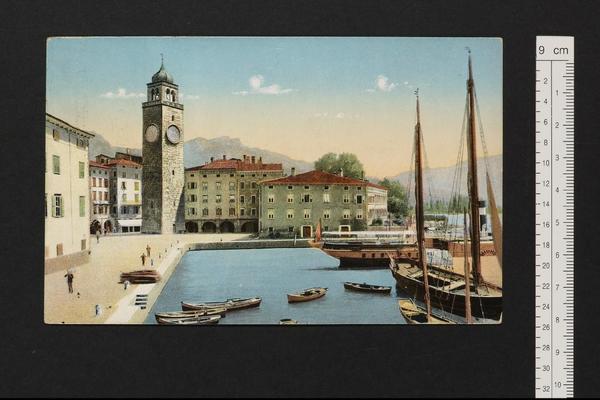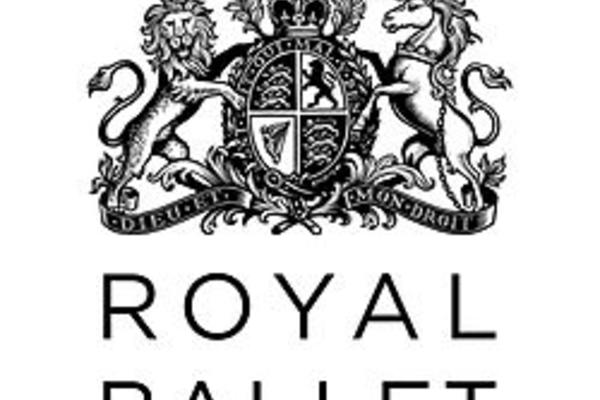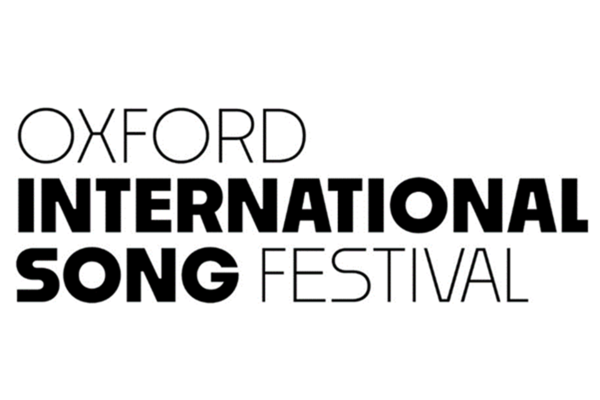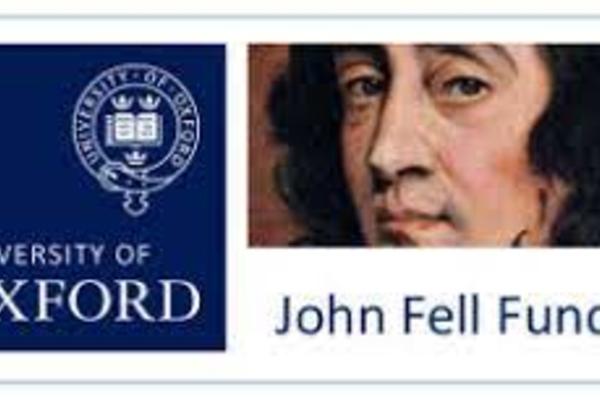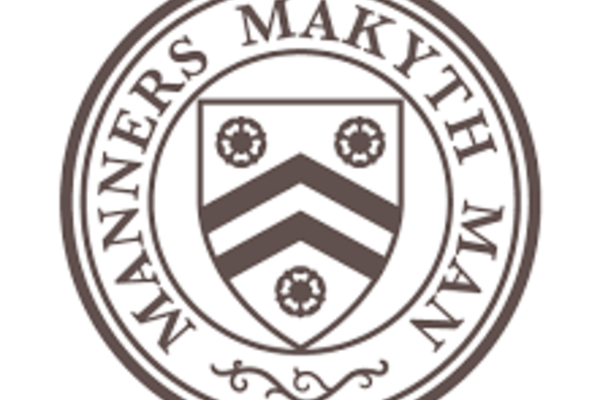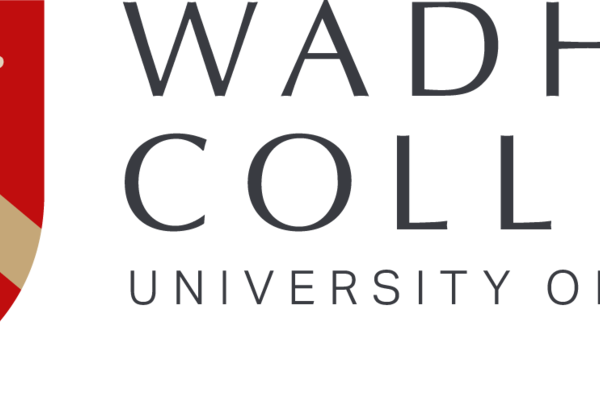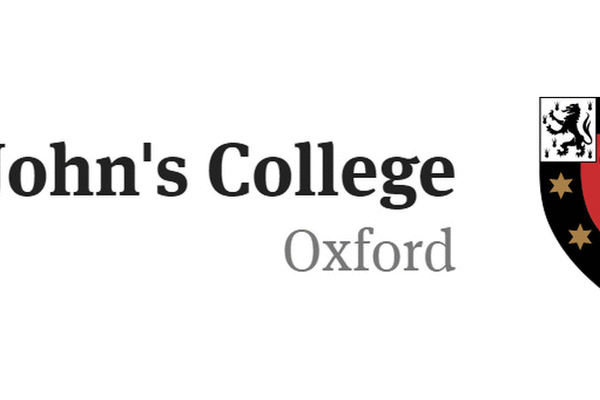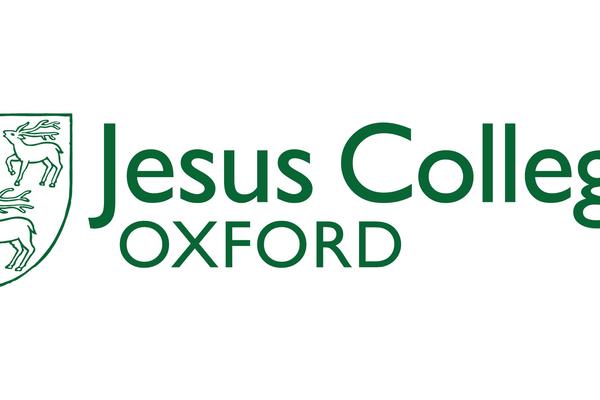Home
Mission Statement
Since his untimely death in 1924, Franz Kafka (b. 1883) has become a global phenomenon. Every generation has discovered ‘its’ Kafka. Across seismic shifts his texts have spoken to readers from all walks of life, as reflected during the Covid pandemic, when memes about Gregor Samsa trapped in his bedroom went viral. Both Kafka and his protagonists are often cast as isolated individuals disconnected from their surroundings. The AHRC-funded Project Kafka’s Transformative Communities challenges by foregrounding community in his work.
Community emerges as a theme time and again in Kafka’s writings, from his earliest texts to his last story and artistic testament, ‘Josefine, the Singer or The Mouse-People’, whose artist-protagonist is defined by her relationship with her audience. Our project uses Kafka’s diverse engagement with ideas of community as the springboard for dynamic engagement with his texts, contexts and legacy, treating creative responses to Kafka not as afterthoughts but as forms of investigation and interpretation in their own right.
Kafka Transformed Video Library
https://www.youtube.com/embed/Zdz4fgRr3Qs?si=UQN2oEftLUDv8J0H
News
Announcing the winners of the Kafka Undergraduate Essay Prize 2025
Upcoming Events
Kafka Panel at Association for German Studies
Past Events
Kafka Undergraduate Essay Prize 2025 Prize-Giving Ceremony
Ten versions of Kafka
Kafka and the Non-Human
Oxford Kafka Research Centre
£1m AHRC Award to OKRC’s Kafka Project
More about the Project
Kafka in Oxford: A Short History
Project Partners and Other Sponsors
The Bodleian Library
The Royal Ballet
Abacus Books
The Oxford International Song Festival
The British Broadcasting Company
The Oxford Research Centre in the Humanities (TORCH)
The Cultural Programme
The John Fell Fund
The New College Ludwig Fund
Wadham College
St John's College
Jesus College
This research project is supported by the Arts and Humanities Research Council [grant number AH/Y003721/1]






